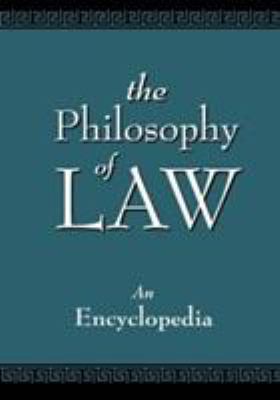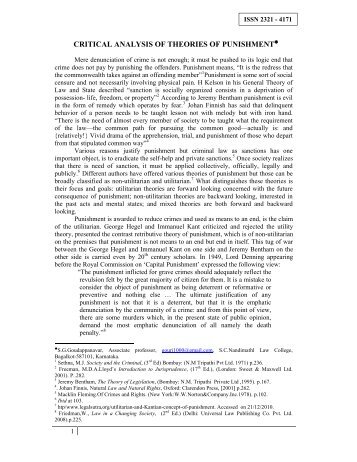 As an historical matter, I don’t know why Simpson declined to cite Hart often in “The Frequent Law and Legal Idea.” That being the case, nonetheless, I do not suppose there’s much of a “puzzle” as to why (in your phrases) “Simpson thinks any of this can be a dispute with Hart’s theory of law.” He would not suppose that.
As an historical matter, I don’t know why Simpson declined to cite Hart often in “The Frequent Law and Legal Idea.” That being the case, nonetheless, I do not suppose there’s much of a “puzzle” as to why (in your phrases) “Simpson thinks any of this can be a dispute with Hart’s theory of law.” He would not suppose that.
Joseph Raz has referred to as these sorts of statements detached normative statements”; the anarchist argues as if she endorses the essential norm, with out truly endorsing it. Another example that Raz gave is this: suppose that at Catholic priest is an expert in Jewish Legislation; the priest can make varied interpretative arguments about what Jewish law actually requires in this or that context.
Kelsen tried to reconstruct ‘legal science (Rechtswissenschaft)’ as a ‘science of norms (Normen)’, on analogy with Immanuel Kant ‘s conception of a science of ‘causality’ as utilized in natural science (Hans Kelsen, Society and Nature, 1946, pages 249-262, Kegan Paul Press).
I am not positive the answer to the puzzle (“why does Simpson assume any of this states a dispute with Hart’s concept of legislation?”), however it probably has something to do with Simpson’s (bewildering) view that Hart’s concept of a rule of recognition specifying the last word criteria of validity in a legal system evinces “absent-minded conformity to the concept all legal guidelines originate in legislation”.
Any given norm may be legally legitimate even when no one follows it. (e.g. take into consideration a brand … Read More


 Although there are different versions of natural legislation theory, all subscribe to the thesis that there are at the least some legal guidelines that rely for his or her “authority” not on some pre-present human conference, but on the logical relationship wherein they stand to moral requirements.
Although there are different versions of natural legislation theory, all subscribe to the thesis that there are at the least some legal guidelines that rely for his or her “authority” not on some pre-present human conference, but on the logical relationship wherein they stand to moral requirements. Slightly she claims solely that such discretion is essentially limited by moral norms: legal norms which can be promulgated by human beings are legitimate only if they are consistent with morality. Kelsen phrases the norm itself a ‘legal norm (Rechtsnorm)’ and its descriptive restatement a ‘legal proposition (Rechtssatz)’.
Slightly she claims solely that such discretion is essentially limited by moral norms: legal norms which can be promulgated by human beings are legitimate only if they are consistent with morality. Kelsen phrases the norm itself a ‘legal norm (Rechtsnorm)’ and its descriptive restatement a ‘legal proposition (Rechtssatz)’.